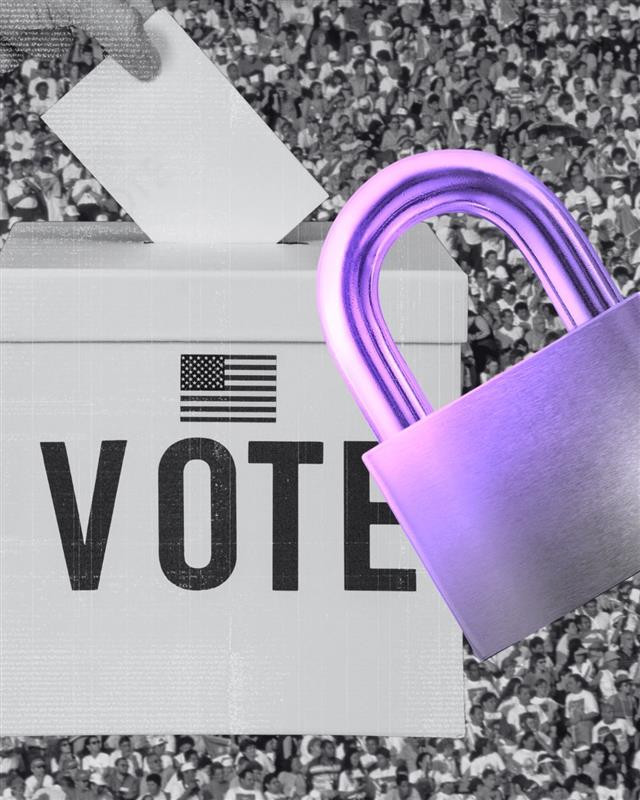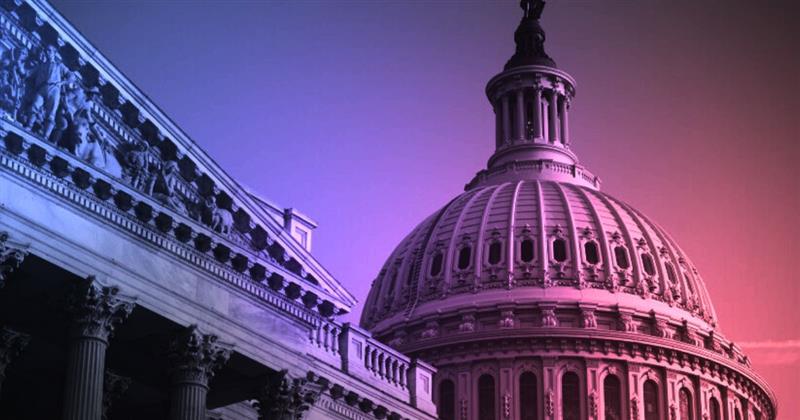Americans Are Optimistic About Their Personal Future, But Not the Nation’s
The Big Picture
A curious trend in American political life is the contrast between optimism about personal circumstances and pessimism about the country’s overall direction. While many Americans believe their own lives will improve in the coming year, they are far less confident about the nation’s trajectory.
Polling from the Independent Center reveals this tension clearly: 63% of voters believe they will be personally better off next year, but only 41% think America as a whole will be better off. These numbers reflect broader patterns seen in other surveys, such as views on education, where people rate their local schools highly while expressing deep concerns about the national education system.
Understanding this divide can offer insights into voter sentiment ahead of the 2024 election and highlight the broader trends shaping American attitudes toward governance and the future.
Zooming In
Personal Optimism vs. National Pessimism
We asked voters two key questions:
- At this time next year, do you think that you will personally be better or worse off than you are today?
- At this time next year, do you think America will be better or worse off than it is today?
The results confirm a consistent theme: personal optimism but national uncertainty.
- 63% of voters believe they will be personally better off in a year.
- 41% believe the country as a whole will be better off.
.avif)
.avif)
The Partisan Divide
Political affiliation plays a major role in shaping these attitudes. Democratic voters are significantly more optimistic, with:
- 78% believing they will be personally better off next year.
- 60% believing the country will be better off.
Conversely, Republicans and Independents are far more skeptical about America’s future, though a majority remain optimistic about their own lives.

This aligns with past research, such as a 2020 Pew Research study, which found that Democrats were more likely to believe partisanship in Washington would improve under their leadership.
Generational Differences
Younger Americans, despite facing significant challenges like student debt and high housing costs, tend to be more optimistic than older generations about both personal and national prospects.
- Younger voters under 30 express the highest levels of optimism about the country’s future.
- Voters between 30-49 show more optimism than older groups, but not as much as the youngest cohort.
- Older voters, particularly those over 50, tend to be the most pessimistic.


This optimism among younger voters may be linked to their broader openness to change and belief that future generations will have more opportunities.
Gender and Racial Perspectives
- Men and women are nearly identical in their personal optimism, with 63% believing they will be better off next year.
- However, men are more optimistic about the national outlook than women.


Race also influences outlooks:
- Black and Hispanic voters are the most optimistic, both personally and about the nation’s future.
- White and Asian voters tend to be more pessimistic.


Interestingly, Black voters—who are overwhelmingly Democratic—are also the most optimistic racial group. Their strong alignment with the Democratic Party may help explain this trend.

Independent Lens
The contrast between personal optimism and national uncertainty highlights a core tension in American politics. People feel confident in their ability to improve their own lives, but they lack faith in the country’s leadership to deliver broad improvements.
This disconnect underscores the need for political leaders to move beyond partisan talking points and focus on practical solutions that address economic stability, governance, and opportunity for all.
Want to stay informed on voter sentiment and political trends? Join the Independent Center to access our full research and insights.


.jpeg)


.jpg)